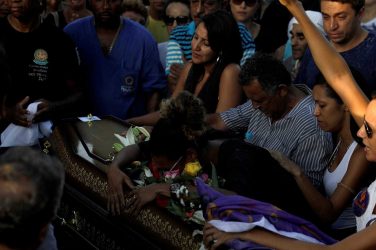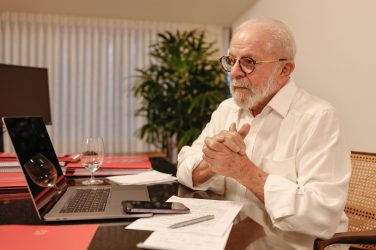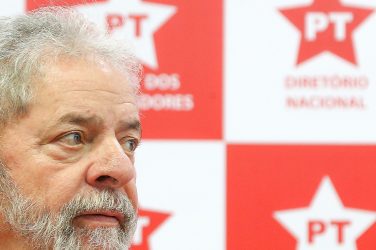 The University Reform proposal has the merit of stimulating debate about a reorientation of Brazilian higher education. The proposal has been criticized for what it presents, but its major fault lies in the concepts upon which it is based.
The University Reform proposal has the merit of stimulating debate about a reorientation of Brazilian higher education. The proposal has been criticized for what it presents, but its major fault lies in the concepts upon which it is based.
The first erroneous concept: It deals with only part – and not all – of education. Without K-12 education reform, the university will not achieve total quality.
With scarcely a third of young people in Brazil concluding their secondary education, we are throwing away the brain potential of millions. As long as we lack quality secondary education, the university is condemned to admitting young people who are not prepared.
The good performance of universities in other countries does not stem from their greater intelligence but, rather, from their greater likelihood to have good students since they can choose among all and not merely among a few of their young people.
The second mistake is the continuing focus upon the university and not upon higher education. In today’s world, higher education no longer fits within the universities.
It is spread out through different courses that are independent, parallel, sometimes given by isolated persons, other times offered over Internet networks. Trapped within the concept of the university, the Reform will not last more than a few years.
It is also a mistake to speak of state versus private ownership of the university, since the conflict is actually between the public and private education acquired.
When someone studies to become a teacher, he or she receives an education of interest to the public, even when that student’s institution might be the property of a private organization.
When a student attends the university merely to serve his or her own interests, that student is receiving a private education, even if it takes place at a free state university, paid for by the public.
Another error of concept is referring to the “campus” and not the “network.” From now on, the location of higher education will be less a territorial address than an electronic one.
Professional preparation will no longer be imprisoned on a campus; it will have the liberty of the networks without a geographic location, uniting the institutions of instruction planetwide.
The Reform of higher education cannot be concentrated upon the old concept of the diploma; it must make a commitment to the concept of competence.
What is of value today is not a piece of paper hanging on the wall, but, rather, the quantity of knowledge stored in the mind. Nor is there any value in the knowledge that is filed away.
What counts is the knowledge that is adaptable to the new demands, a creative knowledge, recyclable at any moment. Instead of courses, the Reform should use the concept of continuous preparation. The Reform should abolish the concept of the ex-student.
The university should be permanent. Until the very end the student must continue studying or risk ceasing to be a competent professional. In place of disciplines, the new higher education should work with themes. With these themes new disciplines will be permanently created and others will be discarded as obsolete.
The question is no longer one of changing the organization and the form of financing, but, rather, that of restructuring the university. Of creating a university with thematic nuclei instead of merely departments, with multi-disciplinary instead of merely uni-disciplinary practice.
The Reform also proceeds from the idea that the university must be made more accessible to the public, but this is the same as bringing together all the players of Brazil to be on the Brazilian national soccer team.
Instead of popularizing the university, we have to popularize finishing one’s secondary education in the public schools, and make certain that the best students, independently of family income, enter higher education and serve the Country, the People, and Humanity.
Before the University Reform is made, what is necessary is a Reform of the Concept that serves as its basis.
Cristovam Buarque has a Ph.D. in economics. He is a PT senator for the Federal District and was Governor of the Federal District (1995-98) and Minister of Education (2003-04). You can visit his homepage – www.cristovam.com.br – and write to him at cristovam@senador.gov.br.
Translated from the Portuguese by Linda Jerome – LinJerome@cs.com.











